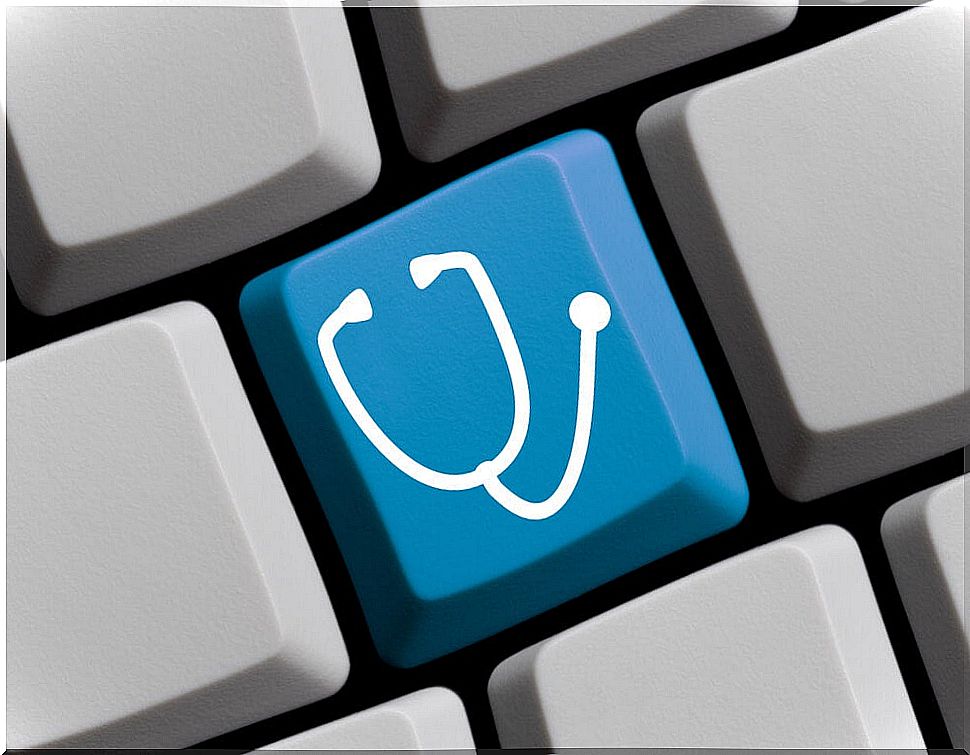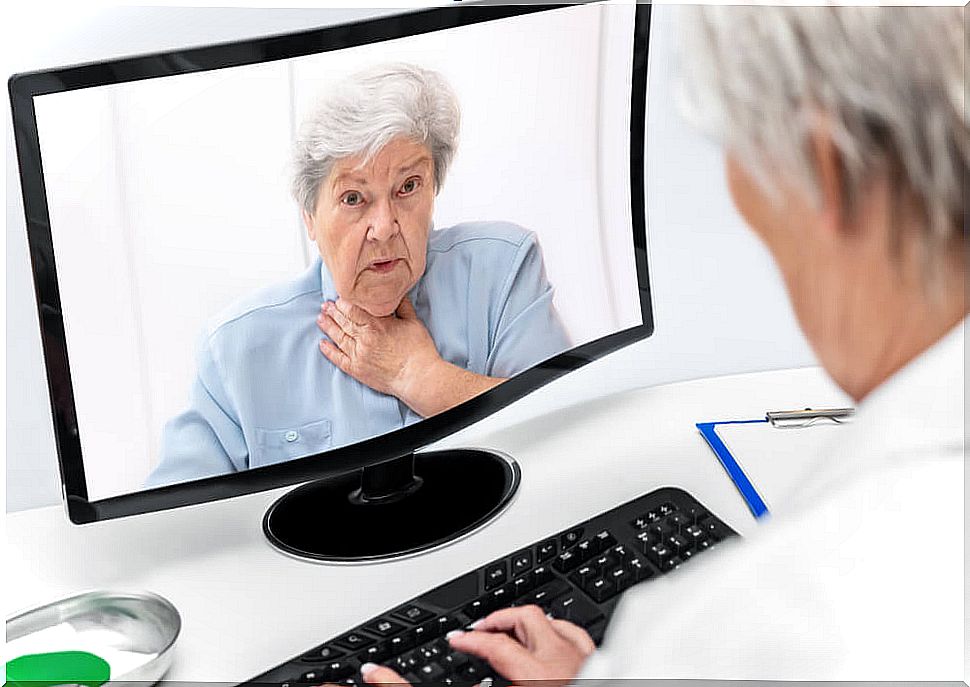From The GP To The Personal Digital Assistant: Some Controversies
New technological developments burst into the field of health in times of personal trainers and mobile applications that measure heart rate, sleep quality and even the steps we take. The transition from GP to personal digital assistant is a growing reality. These initiatives – or some of them – generate conflicting feelings and expectations.
What is eHealth?
EHealth, or digital health, consists of the use of information and communication technologies as a complement to health practices.
What are its uses?
Electronic health is used for prevention, diagnosis, treatment, monitoring. In addition, it is used in health management, with the aim of improving efficiency at an affordable cost.
Thus, the health scenario currently presents multiple innovations that can awaken conflicting passions. Some of them contemplate the passage and even the replacement of the GP to the personal digital assistant.

While developers see a promising future, healthcare professionals sometimes perceive the use of these tools as a potential threat. Thus, technophobic and technophilic people coexist in a tense calm and harmony
In this sense, text or SMS messaging, which enables people to ask health professionals questions when they feel necessary, as well as the appearance of so-called ‘chatbots’ or computer programs designed to develop a conversation, are all they are the object of questions regarding the privacy of the information.
From the GP to the personal digital assistant: is texting effective?
Cristina Jenaro and collaborators, in a study carried out and published in 2016, determined that “the intervention based on sending SMS constitutes a promising and efficient strategy for the promotion of healthy habits in older people” .
Therefore, there are, at the same time, numerous doubts and questions about whether the use of digital health may or may not be a source of any risk related to the possibility of deferring a diagnosis and, consequently, access to timely treatment .
From GP to personal digital assistant
Virtual medical visits: reality or utopia?
Thinking about virtual medical visits a while ago would have seemed like a utopia or the product of an imaginative mind. Today, it is a growing reality and, possibly, its availability increases progressively.

The UK’s National Health Service (NHS ) suggests being cautious when using these practices. In accordance with this, Lord O’Shaughnessy, member of the Department of Health of the United Kingdom, highlighted in September 2018, that “artificial intelligence is a field that moves at the speed of light and has tremendous potential throughout the sector. of health ” .
In this sense, Lord O’Shaughnessy considered that this is “an important first step towards creating a safe and reliable environment in which innovation can flourish for the benefit of our health.”
Summarizing…
Digital health constitutes, at present, an important contribution that does not necessarily compete or threaten quality in health. Thus, it is essential to contribute to the development of synergies.
In short: it is important that the health professional does not experience this practice as a threat, an affront to the long nights of study demanded by the health professions or a barrier to effective communication between the health professional and the person that you consult.










